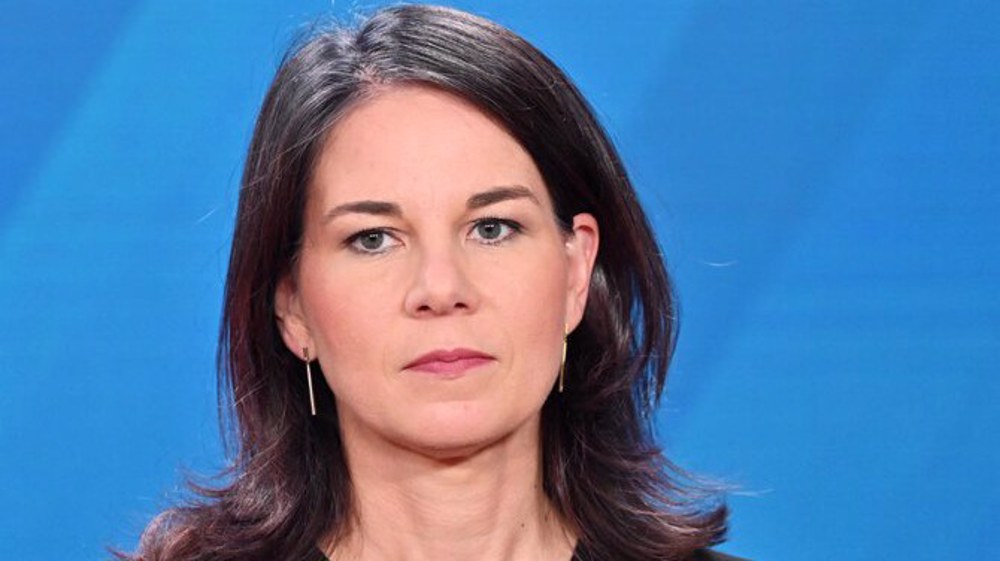Parties forming Germany's coalition govt. adopt tougher refugee policy
The three German political parties in Chancellor Angela Merkel’s fragile coalition government have backed a tough refugee policy to appease hardline conservative allies.
After a month-long dispute, Merkel's coalition agreed to a deal, under which the number of asylum-seekers in the country will be reduced.
Heads of parties forming the coalition government - Merkel's center-right Christian Democratic Union (CDU), its hardline conservative Bavarian CSU ally and the center-left Social Democratic Party (SPD) – reached consensus on a "reorganization of asylum policy" in Germany, according to SPD leader Andrea Nahles , who spoke following the summit meeting in Berlin. Nahles described the deal as a “good solution.”
The SPD had earlier declined to endorse the new policies put forward by Merkel in a bid to thwart a rebellion by Interior Minister Horst Seehofer of the CSU.
Merkel, during the crisis talks, advocated tightening border controls and setting up closed transit centers to hold refugees on the Austrian frontier.
But the agreement, which was a U-turn in Merkel's liberal refugee policy, immediately set off resistance from Germany's neighbours as well as the SPD.

Germany’s patience regarding the influx of asylum seekers hit a tipping point in June, when Seehofer threatened Merkel with an ultimatum to curb refugee arrivals, triggering the worst political crisis of her coalition government some 100 days after it came to office.
Merkel's decision to open Germany's borders in 2015 to asylum-seekers, many of whom were fleeing Western-led wars in Syria and Iraq, has deeply divided the nation and its neighbors.
The crisis set off a rise in nationalist, anti-immigrant sentiments in EU countries like Austria and Italy, where anti-establishment, far-right parties are now in power.
VIDEO | Jordanians continue rallies to denounce Israeli genocide in Gaza, Lebanon
6 Israeli soldiers commit suicide: Reports
Diplomat discourages recourse to pressure, intimidation, confrontation against Iran
UN: 2024 deadliest year for aid workers amid genocide in Gaza
Gaza health official warns of hospital shutdowns within 48 hours
Israel kills 5 more paramedics in southern Lebanon: Health ministry
Iran to launch ‘new, advanced’ centrifuges in response to IAEA resolution: AEOI
Yemen fires hypersonic missile at Israeli airbase













 This makes it easy to access the Press TV website
This makes it easy to access the Press TV website